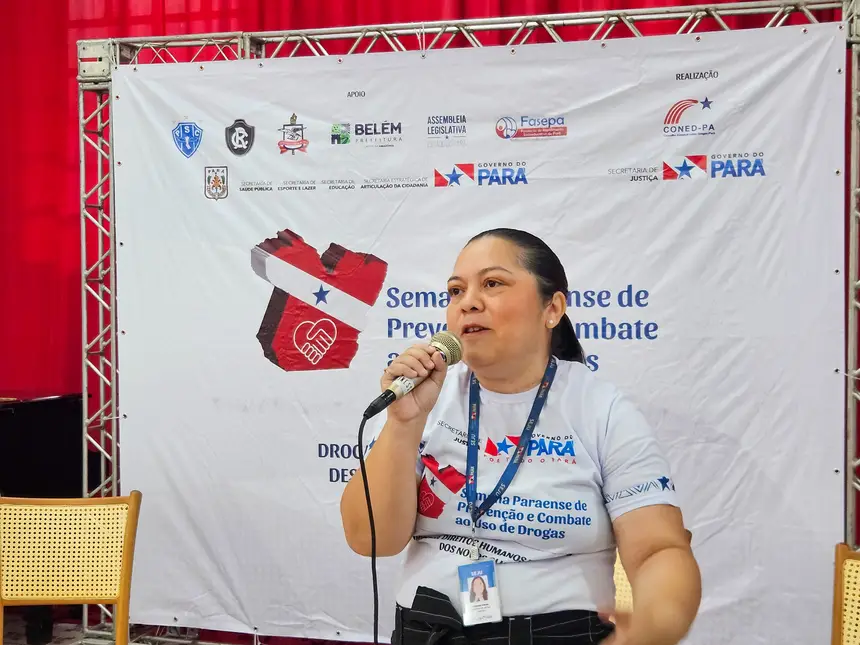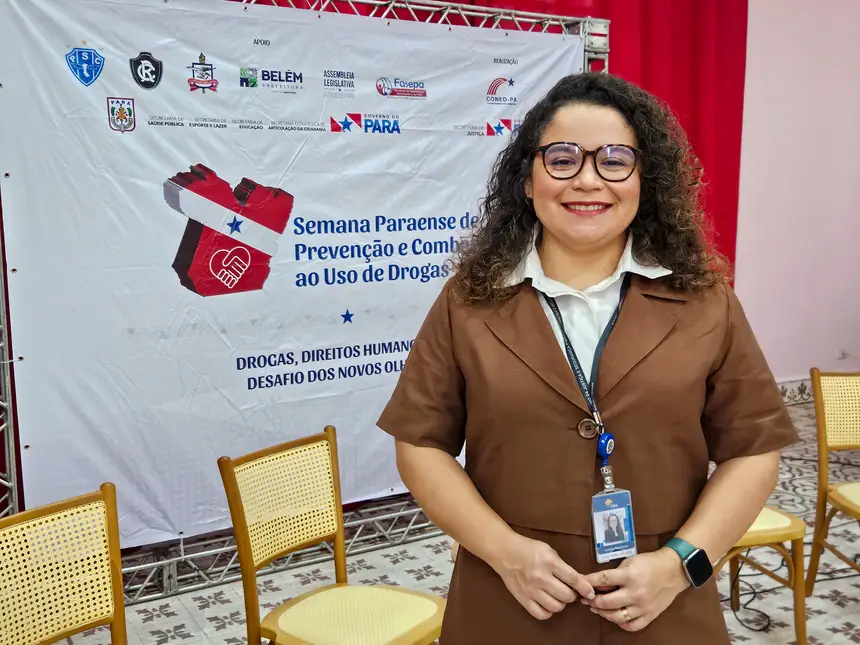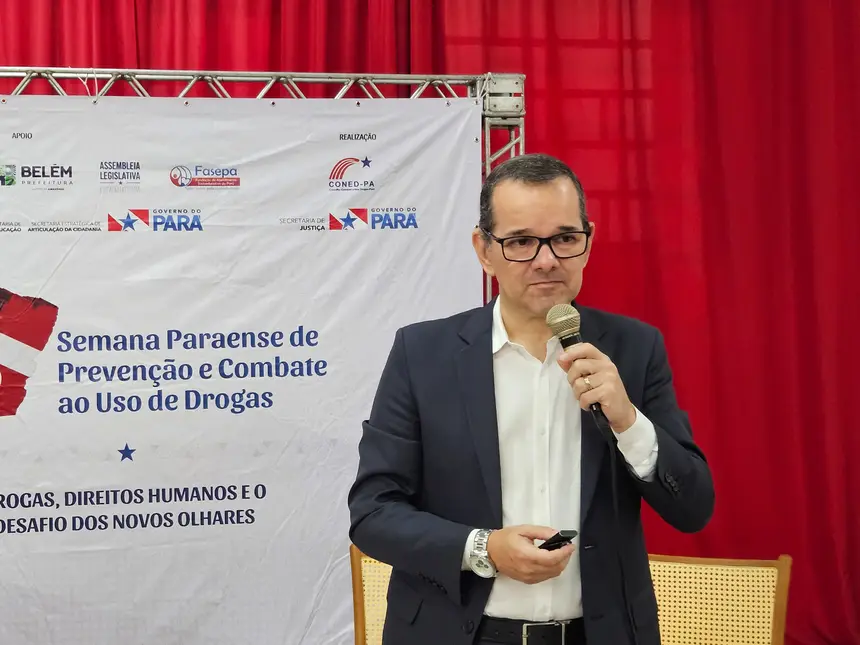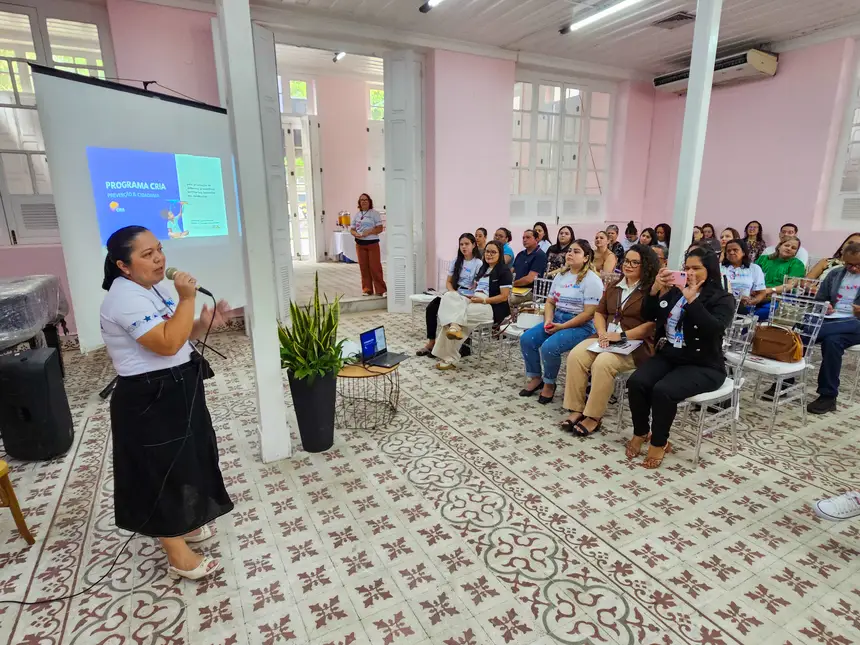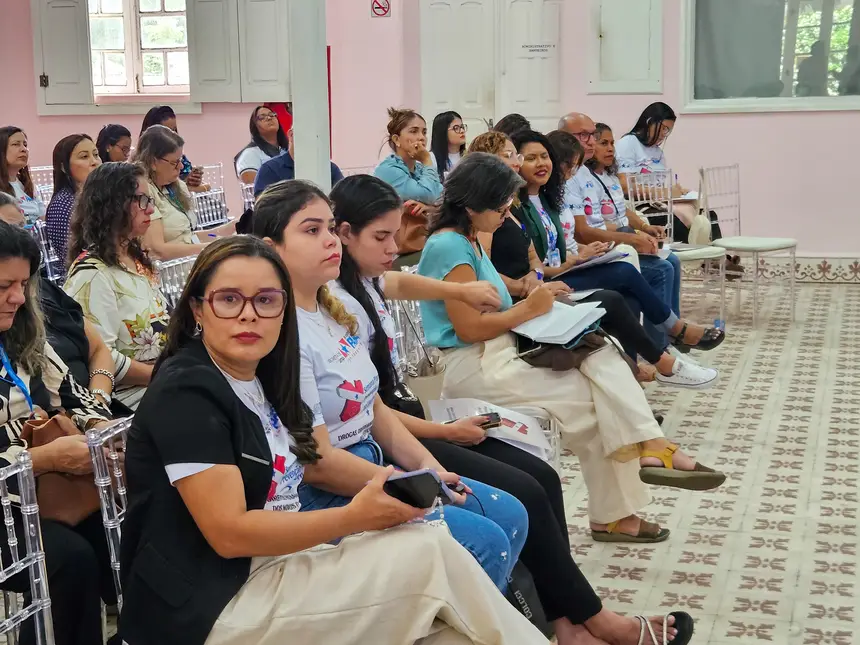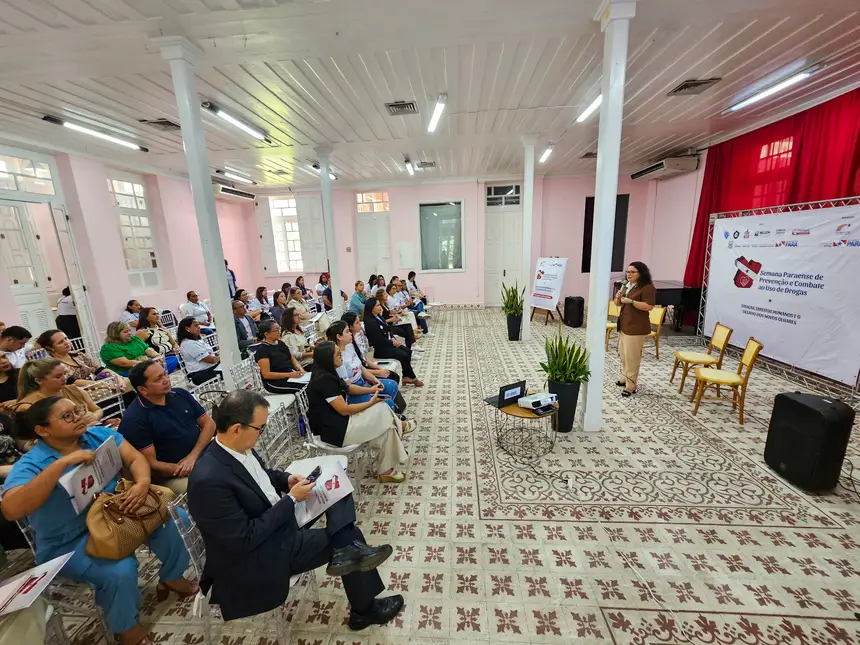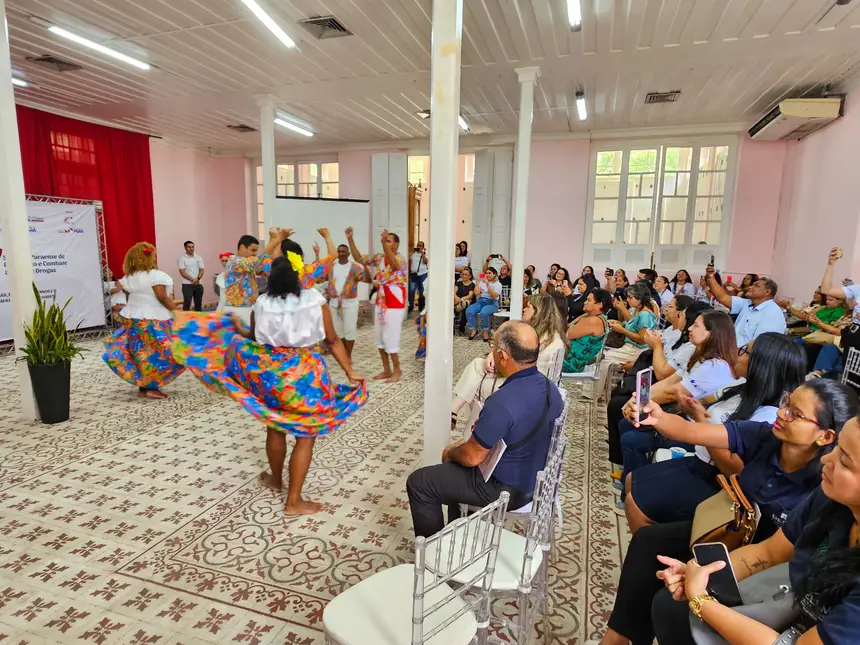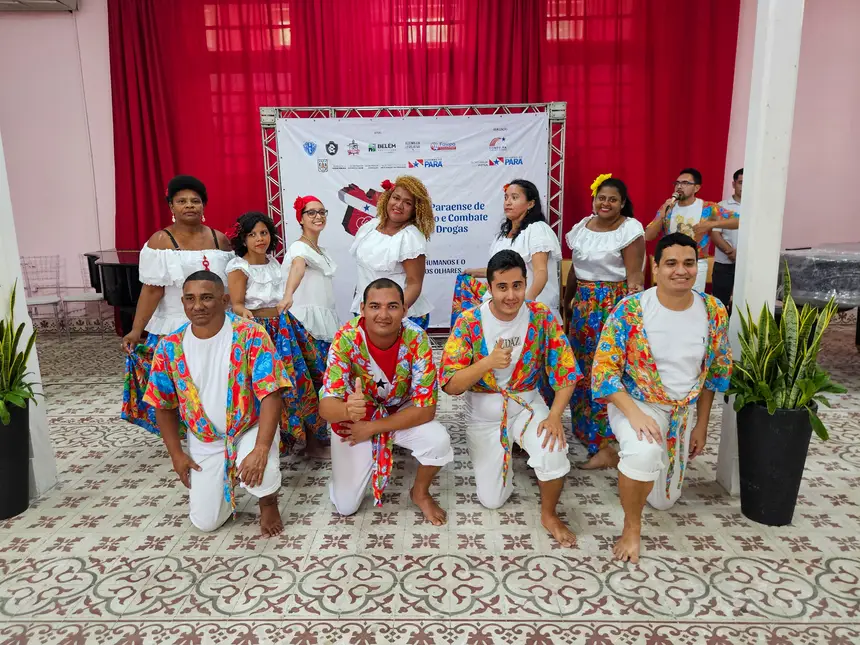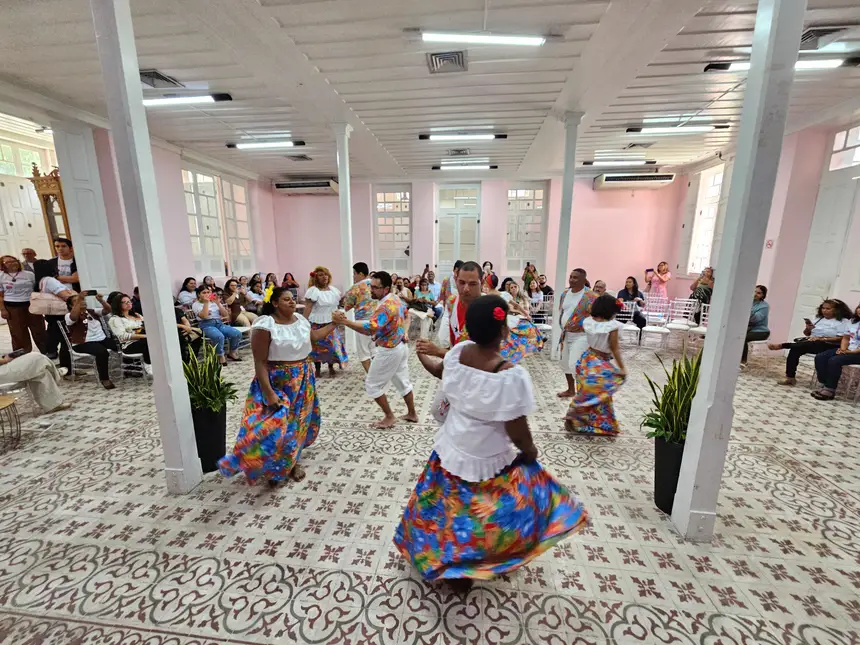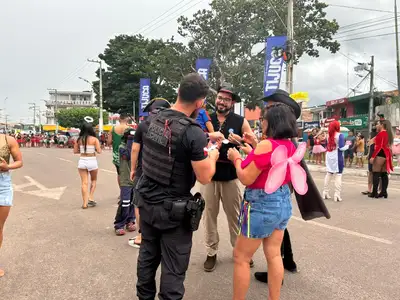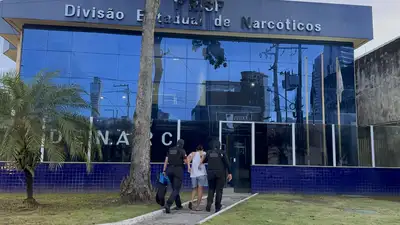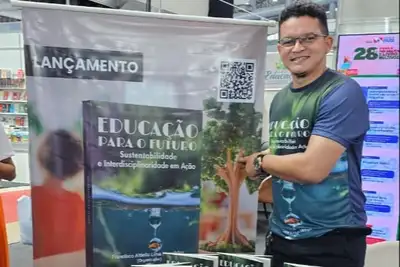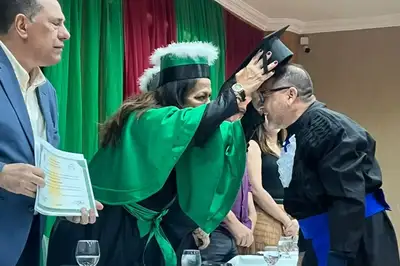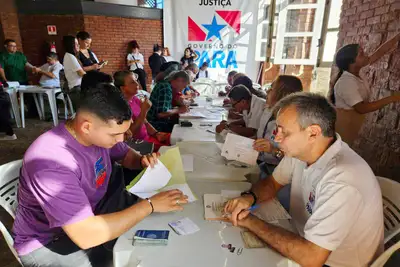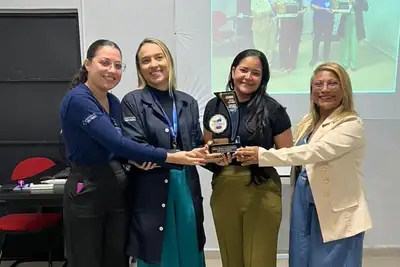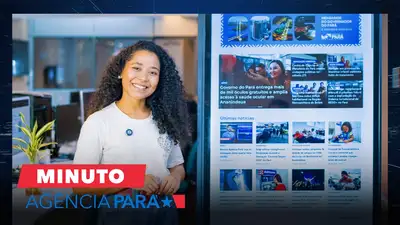Government of Pará concludes Drug Prevention Week with training on public policies
The program mobilized schools, cultural centers, and professionals in various municipalities focusing on prevention and strengthening family ties
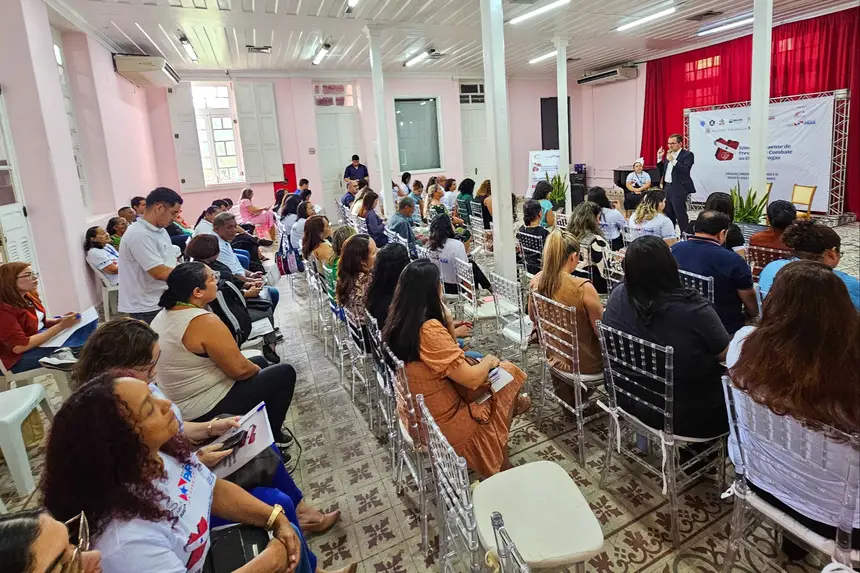
The Government of the State of Pará, through the State Secretariat of Justice (Seju), concluded on Tuesday (2), in Belém, the Pará Prevention and Combat to Drug Use Week. The closing was marked by the training "Pará in motion: building drug policies with participation," aimed at support network professionals and representatives of civil society.
The activity reinforced the State's commitment to building integrated public policies, involving different areas and territories in the prevention of psychoactive substance use, especially among children, adolescents, and young people.
Strengthening ties and prevention in families
The first stage of the training was conducted by psychologist Luana Bandeira, coordinator of the Strong Families methodology, developed by the National Secretariat for Drug Policies and Asset Management (Senad), in partnership with the Oswaldo Cruz Foundation (Fiocruz). The strategy is aimed at families with children aged 10 to 14, focusing on strengthening family bonds and developing parenting and life skills.
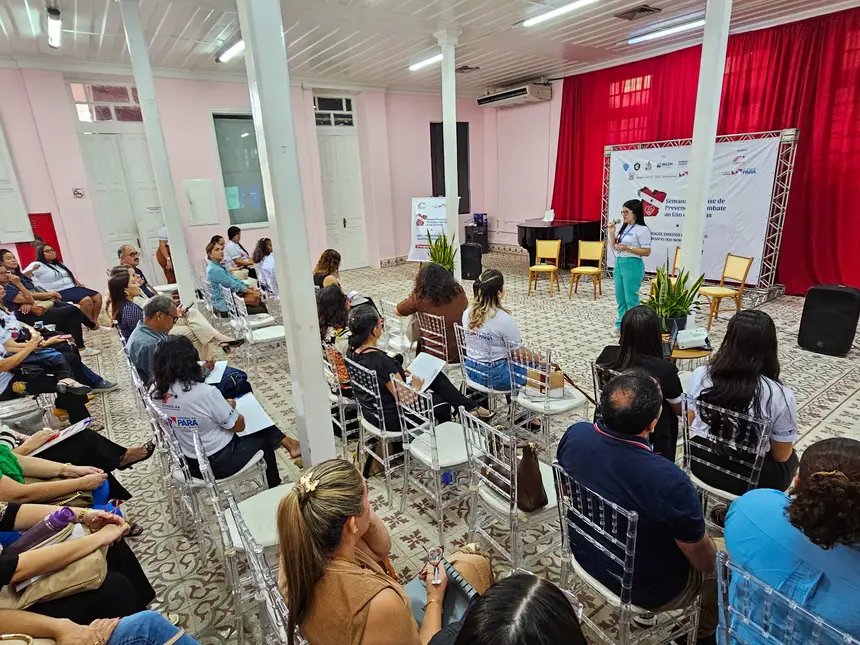
“Participating in the Pará Week against drugs is important because it promotes this dialogue between the federal government and actions in states and municipalities, especially in understanding the Strong Families methodology and how it can be used in a joint agenda in prevention policies,” explained Luana.
Risks of nicotine use among youth
In the second part of the program, psychologist from the Court of Justice of Pará (TJPA), Nelcy Colares, presented the lecture “Tobacco, Hookah, and Electronic Smoking Devices: Is there safe use?”. The specialist addressed the risks associated with various forms of nicotine consumption, emphasizing the use of electronic cigarettes among young people.
“There was only one brand of this type of device when it was launched in 2004. Today there are more than 460 and they deliver over 8,000 varieties of liquids to use in them. Different forms of use, but there is no safe way to consume nicotine, alcohol, and other drugs,” warned Nelcy.
Activities in different territories
The Week's program took place in a decentralized manner, with educational and cultural actions in various municipalities. In Belém and Afuá, activities were held in public schools; in Ananindeua, the initiative reached the Usina da Paz of Icuí-Guajará; in Santarém, professionals participated in discussion circles and debates.
The ombudsman of Seju and vice-president of the State Council on Drugs (Coned), Cimara Vidal, emphasized the importance of integrated action for the prevention of drug use.
“We seek to interact with people not only inside rooms and meetings. We had programming in schools in Belém and Afuá, we went to the Usina da Paz of Icuí-Guajará, in Ananindeua, we spoke with people in Praça da República, we talked with professionals in Santarém. And not only addressing the topic of drugs, but also bringing along the importance of education, sports, culture, and the union of efforts,” highlighted Cimara.
The closing also featured a cultural presentation by the musical group from the Psychosocial Care Center (Caps) of Icoaraci, celebrating the diversity of approaches used throughout the week to raise awareness among the population.


